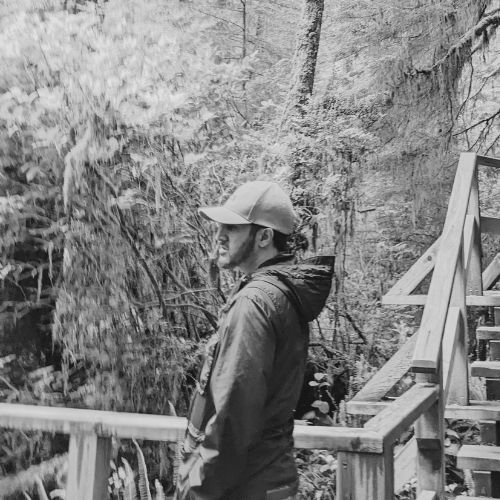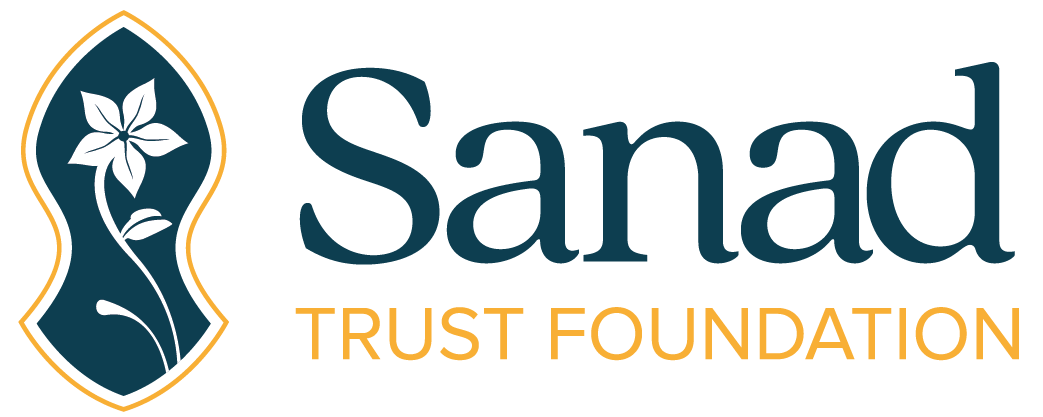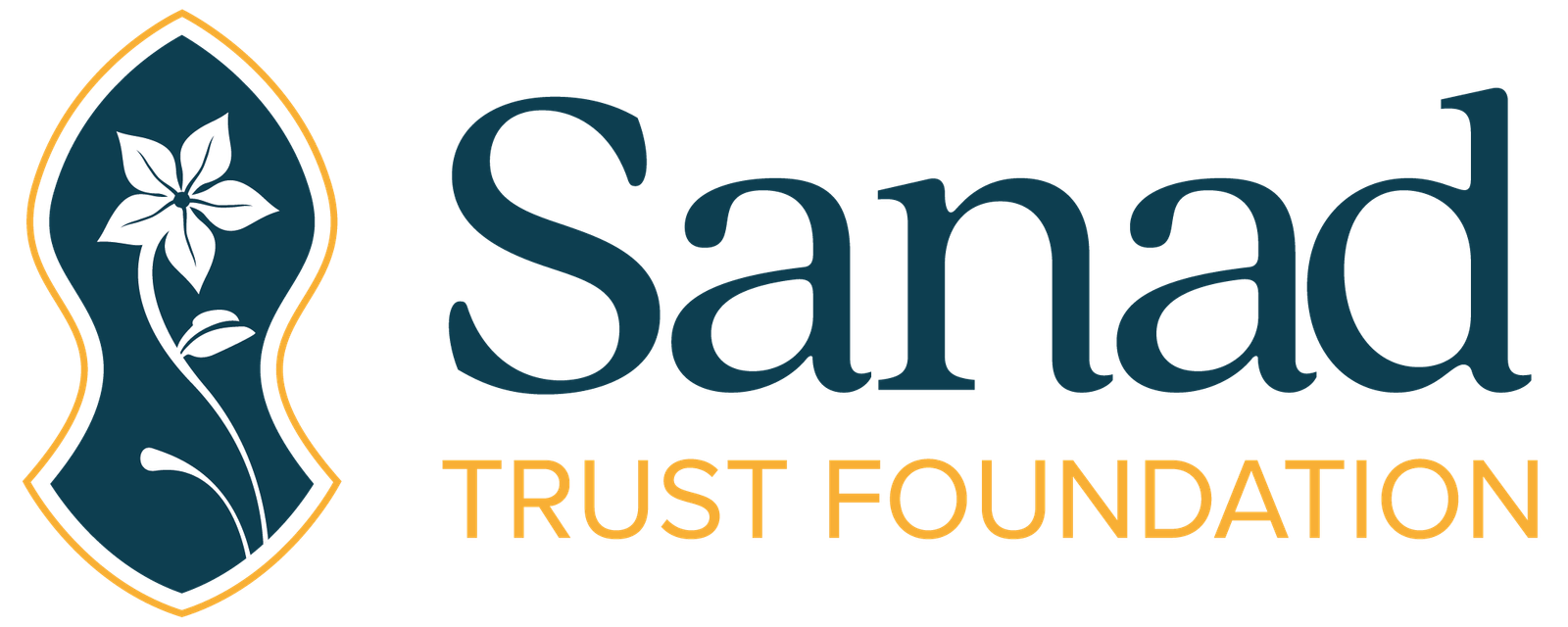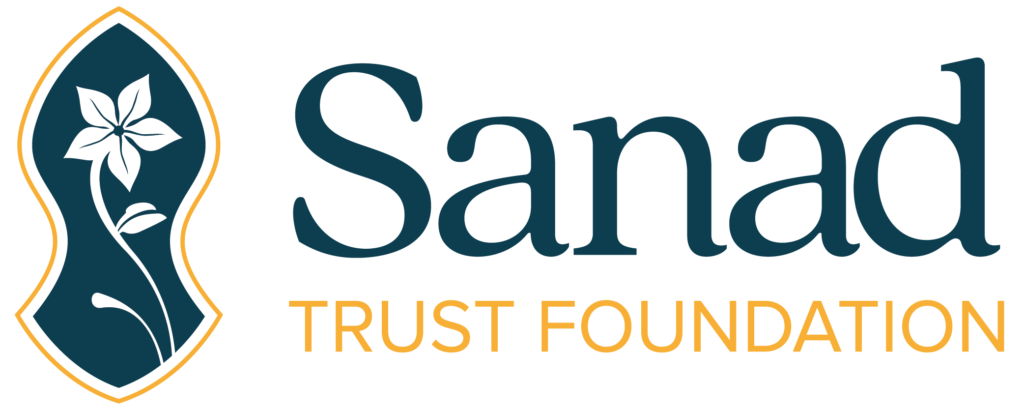18. Rehan Climbs: From Hands That Held to Hands That Hold
I was recently invited by Sukoon, a South Florida organization that helps young professionals and families find a home in spirituality, social connections, and purpose, to speak on a topic that is profoundly personal to me. In front of a room of over one hundred people, with many more watching online, I gave one of the most vulnerable talks of my life. For those who wish to watch it, the recording is available on YouTube (my portion begins around the 6-minute mark). The reflections that follow are an attempt to capture the essence of that conversation—a conversation rooted in nearly 25 years of lived experience.
Life became very real, very quick.
I was in my mid-twenties when my father passed away suddenly. My brother was married and had started his own family, but I was still living at home. Overnight, I became an adult child living with a widowed mother. That was nearly twenty-four years ago, and in that time, I’ve gotten married, raised two children of my own, and founded an organization. Through all of it, my mother and I have continued to live together.
It’s a journey that is difficult, beautiful, and transformative for everyone involved. It’s also a reality that all of us will face in some capacity. We will all, at some point, be called upon to care for the hands that once held us.
When we think about caring for our aging parents, our minds often go to the external actions: scheduling appointments, sharing meals, getting groceries. These are important, but they are only one part of the equation. The far more challenging part is the internal work—the batin, as we say in our tradition. You can’t prepare for every possible scenario—dementia, Parkinson’s, widowhood, depression—but you can, and must, prepare your heart. The real work is in cultivating the qualities you will need to navigate the unpredictable path ahead.
It’s a journey that tests your ego, your patience, and your perspective. As a husband, a father, and a professional, I have roles and responsibilities that command a certain standing. Yet, in my own home, I am still the child. My mother still serves me a slice of humble pie when I need it most, a lesson in humility that my own wife and children get to witness. It’s a disorienting, humbling, and profoundly necessary experience.
After more than two decades of living this reality, I’ve come to understand a simple, yet incredibly difficult, principle that brings balance to it all: Fulfill their rights as an adult, and expect yours from them as their child.
Read that again. Your duty is to provide for them with the maturity and capability of an adult. Your expectation, however, should be to receive from them as a child does—without entitlement, without demanding they change, and with the understanding that you will always be their child.
Getting to that point is hard. It requires introspection, reflection, and a deep understanding of what is truly important. To expect our parents to change the personalities they’ve had for 60 or 70 years is an exercise in futility. The energy is better spent on our own spiritual development, on combating our own nafs (ego).
This is not a journey fueled by your academic degree, your professional aptitude, or your wealth. It is fueled by the state of your heart—by your level of ihsan, or spiritual excellence. It is sustained by a regular habit of turning back to God (tawba), of remembrance (dhikr), and of prayer. This is the service, the khidmah, that we are called to. It is an honor with immense reward, but also a great risk, for the weight of a parent’s displeasure is a heavy one to carry.
For those not yet married, I urge you to make this part of your inquiry. Ask a potential spouse: How do you intend to care for your parents? How do you expect me to care for yours? These are not secondary questions; they are foundational. For those of us already married, this journey is one we must walk together, supporting each other with grace.
This climb is not about reaching a summit, but about the journey itself. It’s about learning to serve without expectation, to love without condition, and to honor our parents, through whom Allah gave us life, recognizing that we can never truly repay the favor. We can only pay it forward, hoping that we are shown the same honor when our own hands become frail.
If these words have resonated with you, I have one request: please keep my beloved mother, my late father, and your own parents in your duas. Please also ask Allah to bless our work with the Sanad Guardians initiative and to make our dream of a campus worthy of our elders a reality for our community, and soon.
Until the next step,
Rehan

I'm an organizational psychologist, educator & father. After grad school at Teachers College, Columbia University in New York I spent formative time with students & scholars at Dar al Mustafa in Tarim. I've worked with the UNHCR in Geneva & taught social sciences as an adjunct professor in Miami. I write, speak, & consult on parenting, education & institution-building. I serve as founding executive director of Sanad Trust Foundation, a nonprofit that provides education, wellness & community services for children, families & elders.



